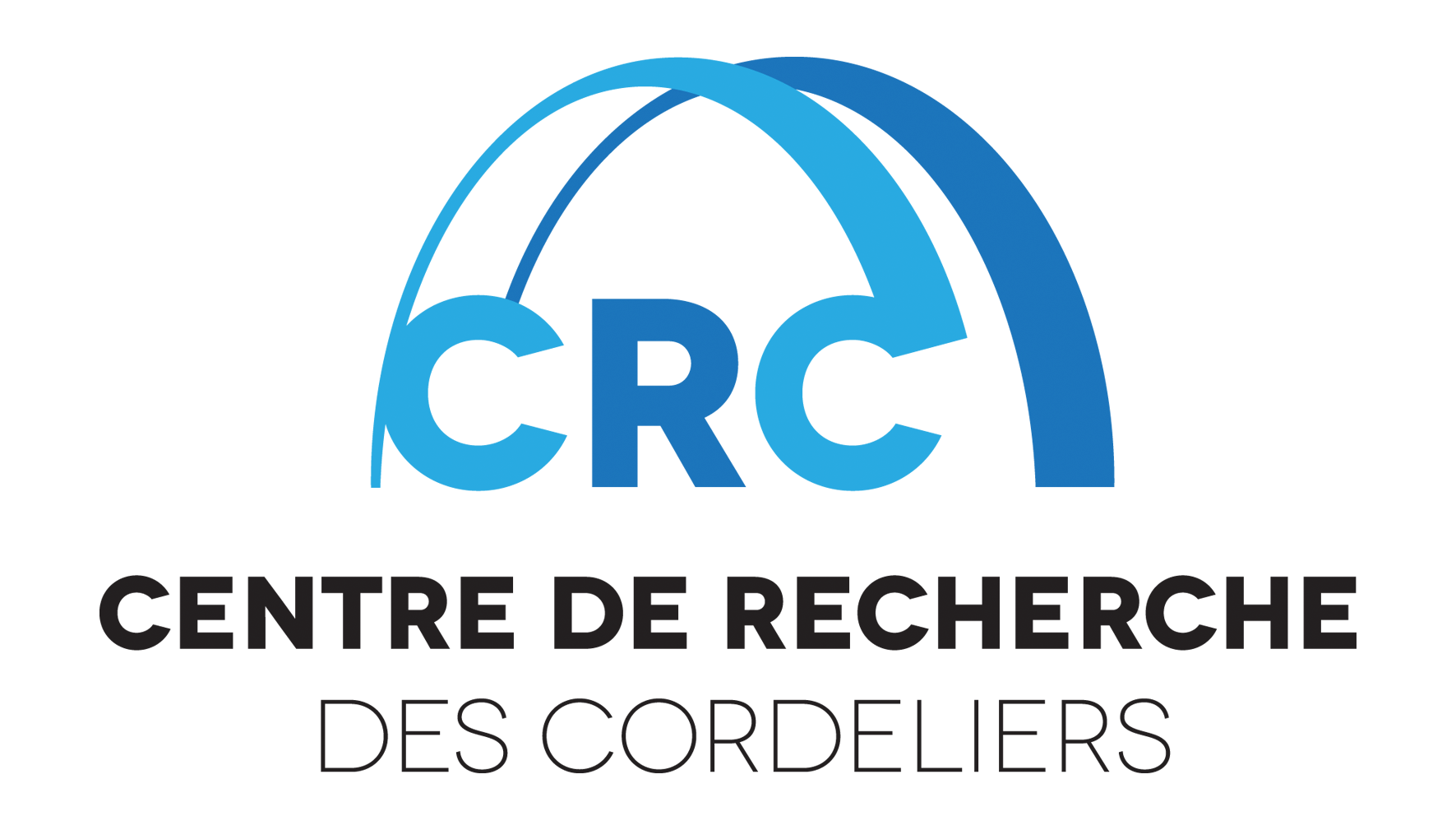By : Tim Greten
Date : Thursday 19 June 2025
12:00 PM - 1:00 PM
Place : Amphithéatre Bilski-Pasquier
RESEARCH SUMMARY
In our laboratory we study the tumor immune microenvironment (TiME), and immunological mechanism leading to enhanced anti-tumor immunity. We used samples from 28 patients treated with the combination of tremelimumab and durvalumab, a standard of care treatment option for advanced HCC, to identify biomarkers of response and reasons for treatment failure. We performed a high-dimensional multi-omics analysis including WES, single-cell RNA seq, CODEX, flow cytometry, and multiplex cytokine/chemokine analysis of patients’ blood and tumor samples and integrated this data to elucidate immune correlatives and response mechanisms. Mice with syngeneic HCC were treated with anti-PD-L1 plus anti-CTLA4 for hepatic lymphocytes, tumor-infiltrating lymphocytes, and PBMC analysis. Tumor tissue analysis revealed enhanced interferon responses, with stronger effects in responders. Gene set variation analysis indicated enhanced antigen presentation in responders. Spatial analysis revealed that non-responder tumors had higher numbers of Tregs located in neighborhoods enriched with immune cells and expressed higher levels of ICOS and PD-1. Conversely, non-responder PD1+CD8+T in these Treg-enriched neighborhoods expressed lower ICOS. Cell-communication analysis demonstrated that Treg-CD8+T interaction was enhanced in non-responder tissue. Peripheral blood analysis showed increased classical monocytes in responders and Tregs in non-responders. Treg-CD8+T interaction was confirmed in preclinical models. Finally, single-patient computational analysis from the all-across analysis was performed on 860 features, which led to the identification of multi-omics feature sets including Treg features. This study provided a blueprint for in-depth analysis of immune correlates in immunotherapy studies and demonstrated the importance of Tregs distribution in HCC. In a second trial we recently made the clinically very interesting and unexpected observation that the combination of anti-VEGF/anti-CTLA4 + anti-PD-L1 treatment can cause significant anti-tumor immune responses in patients with primary cancers. Using both patient-derived tumor and blood samples as well as murine tumor models we investigated the effect of how anti-VEGF treatment enhances anti-tumor immunity. We showed that adding VEGF blockade to the ICB combination of anti-CTLA4 + anti-PD-L1 unleashed a therapeutic efficacy driven through a novel multimodal mechanism dependent on BAFF production by T and myeloid cells, leading to a BAFF-dependent proinflammatory B cell response characterized by Germinal center B cell and plasma cell expansion, as well as IL-12 production. The mechanism culminated in a BAFF and IL-12-dependent expansion and rewiring of Tregs towards an anti-tumor Th-1-like fragile state. In summary our studies demonstrate that parallel analysis of clinical trials and murine preclinical models advances our understanding of the TiME and response to therapy in the liver.
Bio
Tim F. Greten, M.D., received his medical training at the Christian Albrechts University in Kiel, Germany. He did his internship in Munich followed by a 3-year postdoctoral fellowship at the Johns Hopkins University (Baltimore, Maryland), where he initiated his work in the field of tumor immunology. In 1999, Dr. Greten returned to Hannover Medical School, where he finished his training in Internal Medicine (2003), Medical Oncology (2004) and Gastroenterology (2007). He held an Associate Professor position in the Department of Gastroenterology, Hepatology and Endocrinology in Hannover Medical School. In February 2010, Dr. Greten joined CCR’s Medical Oncology Branch as the head of the Gastrointestinal Malignancy Section and was promoted as a tenured Senior Investigator in 2015 and Deputy Branch Chief in 2018 and CCR Deputy Director in 2023.
Dr. Greten has published more than 250 peer-reviewed papers in different journals including Science, Nature, Cell, Cancer Cell, Cancer Discovery and New England Journal of Medicine. In 2023 Dr. Greten was awarded the NCI and CCR Director’s Award for Outstanding Mentorship. Dr. Greten is co-chair of the Center of Excellence in Immunology and co-director of the NCI CCR Liver Cancer Program.
All seminars
